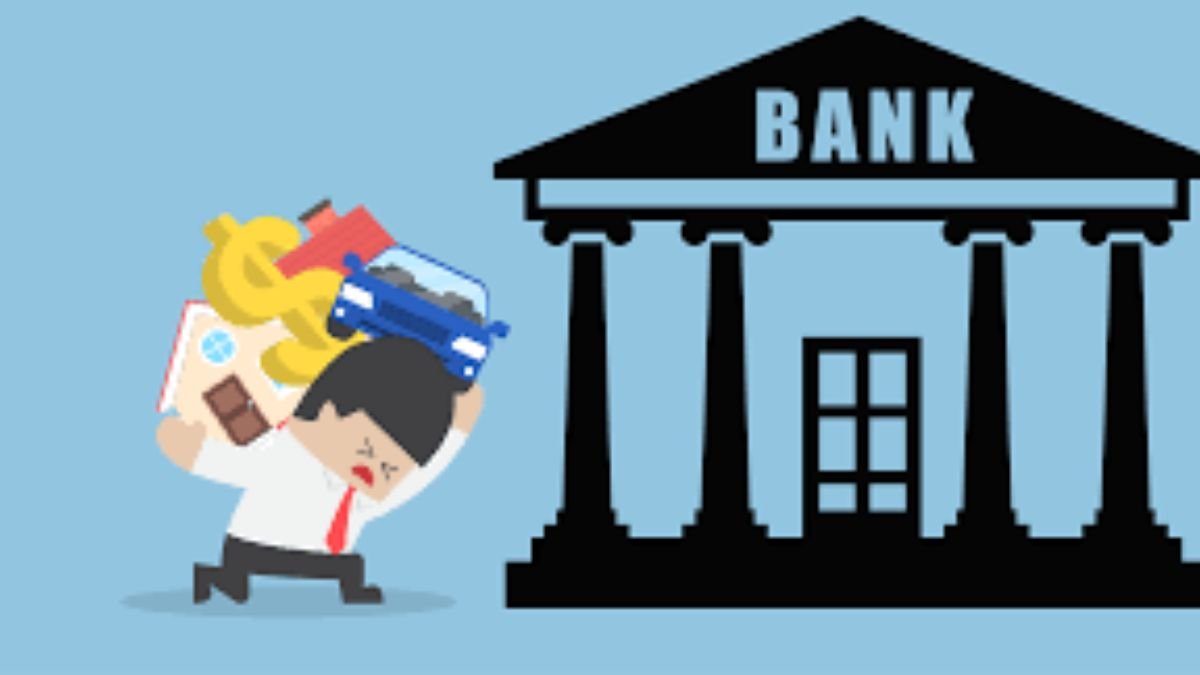Unsecured loans offer a flexible borrowing solution without collateral, primarily for individuals with adequate creditworthiness. They necessitate credit checks, adherence to a minimum FICO score, and proof of employment. The loans feature fixed interest rates, enabling predictable installment payments. As a direct lending service, they simplify the borrowing process by eliminating the need for intermediary banks or credit unions. However, these loans do not enhance credit scores and are unsuitable for businesses.
Unsecured loans provide a financial avenue that allows individuals to access funds without the pressure and risks associated with securing assets. These loans are particularly valuable for those who need immediate financial assistance but do not have substantial property to pledge or prefer to avoid such encumbrances. The flexibility of unsecured loans makes them a popular option for many, but understanding their requirements and limitations is crucial for making informed borrowing decisions.
Table of Contents
Introduction to Unsecured Loans
Unsecured loans are a type of financing that stands out due to their lack of collateral requirements. This characteristic makes them especially appealing to individuals who either lack significant assets to offer as security or prefer to keep their property unencumbered. By relying on the borrower’s creditworthiness instead of physical assets, unsecured loans provide a pathway to funds that are both accessible and versatile. This financial mechanism caters to various needs, from debt consolidation to unexpected expenses, making it a vital component of modern personal finance.
The Role of Credit Checks and Requirements
The backbone of unsecured loan approval lies in thoroughly evaluating a borrower’s credit history. This process hinges significantly on credit scores, with a minimum FICO score often serving as an essential requirement for loan eligibility. Lenders like MaxLend consider credit checks a critical measure of financial responsibility and repayment ability. Applicants must also show proof of steady employment, as this information helps lenders assess the borrower’s capacity to manage consistent repayment schedules. Potential borrowers must, therefore, recognize the importance of maintaining a strong credit profile to enhance their chances of approval and secure favorable loan terms.
Understanding Loan Structure
Unsecured loans are distinguished by their fixed-rate structure, which provides borrowers with clear and stable repayment terms. Unlike variable-rate loans, which fluctuate with market conditions, fixed-rate unsecured loans maintain a constant interest rate over the loan term. This predictability allows borrowers to plan their finances more accurately, knowing precisely their monthly payments. The structure usually manifests as installment loans, where costs are spread evenly across a predetermined timeline, making them a viable and budget-friendly option for many individuals needing financial support. If you need quick financial assistance, consider applying online; MaxLend loan services offer a simple and convenient solution to access funds without lengthy processes.
The Advantage of Direct Lending
One of the significant benefits of unsecured loans is the option of direct lending, which eliminates the need for banks, credit unions, or other financial intermediaries. Dealing directly with a lender makes the loan process significantly more straightforward. Due to reduced overhead costs, borrowers can benefit from quicker approval times and potentially more favorable loan conditions. Furthermore, the availability of direct lenders online offers convenience that aligns well with the fast-paced digital age, allowing borrowers to apply from the comfort of their own homes.
What Unsecured Loans Don’t Offer
Despite their benefits, unsecured loans have certain limitations that potential borrowers must consider. Firstly, these loans are handled online, meaning applicants cannot engage in in-person consultations or applications. Furthermore, unsecured loans do not contribute positively to building or repairing credit scores. They are designed strictly for individuals rather than businesses and do not offer flexible terms such as variable-rate agreements or the secured stability that collateral-backing can provide. The exclusion of payday loans ensures the focus remains on more manageable and structured personal loan options.
Conclusion: The Balance of Benefits and Limitations
In conclusion, unsecured loans present a balanced financial option characterized by accessibility and the absence of collateral requirements. While they provide immediate financial assistance and a streamlined application process through direct lending, their reliance on creditworthiness and potential limitations in credit score improvement requires careful consideration by borrowers. Understanding these dynamics ensures that individuals can make well-informed decisions, successfully leveraging unsecured loans to meet their personal financial goals without jeopardizing their broader economic health.

